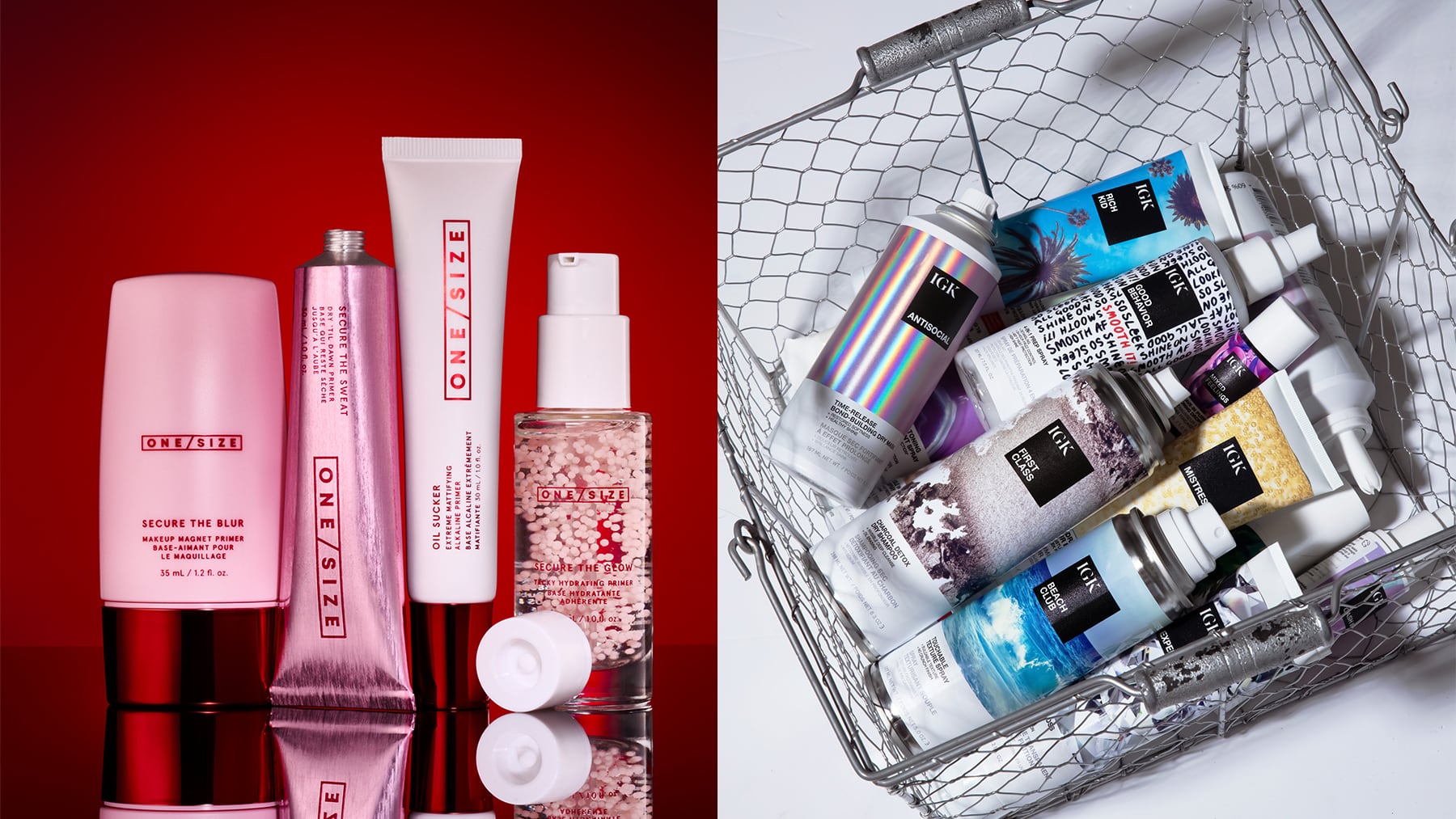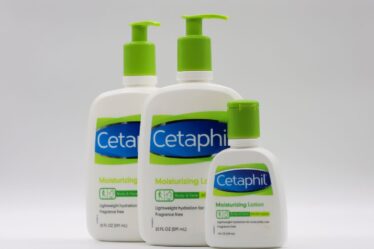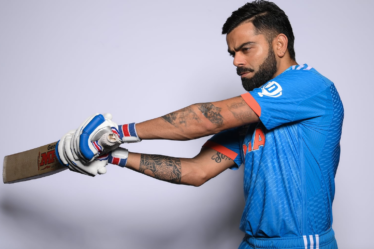
One/Size and IGK Hair are evaluating their next steps.
As 2024 revenues are projected to reach $115 million for One/Size and $80 million for IGK Hair, Miami-based brand incubator Luxury Brand Partners has tapped investment bank The Sage Group as a financial advisor.
One/Size, created in partnership with O.G. YouTube influencer Patrick Starrr, and IGK Hair have seen considerable growth as of late. One/Size’s adjusted earnings before interest, tax, depreciation and amortisation are 40 percent of its net sales, and its business has quadrupled in the last two years, while IGK Hair grew its direct to consumer sales by nine times between 2021 and 2023, said Luxury Brand Partners founder and chief executive Tev Finger.
Before founding LBP, Finger was part of a team that sold the hair care line Bumble and Bumble to the Estée Lauder Companies in 2000. The company had a continued track record of getting deals done in the late 2010s – it sold Becca Cosmetics to ELC and hair care label Oribe to Kao in 2016 and 2017, respectively. Now, Finger said both One/Size and IGK Hair are carefully weighing a number of options.
While there’s no shortage of established and emerging incubators with buzzy brands, few have seen success in this decade beyond The Center, which sold premium skincare line Naturium to E.l.f. Beauty in 2023 for $355 million. Today, the beauty M&A market is even more crowded than it was a year ago. In colour cosmetics alone, Kosas, Merit, Glossier, Jane Iredale and Rare Beauty are all looking for buyers.
LBP is betting the brands’ long-term potential and impressive financial profiles will give them more optionality.
The Artist is Present
LBP prefers to build its brands around founders with artistry chops. Starrr is known for his makeover content; the IGK founders, Chase Kusero, Aaron Grenia, and brothers Leo and Franck Izquierdo, are all seasoned salon veterans. One of the founders of R+Co, another LBP-owned brand, is the legendary hairstylist Garren.
“If I’m buying an energy drink. I don’t really care who’s promoting it,” said Finger. “But if [a product is] going on my face and hair, I do.”
The focus is on pedigree rather than reach, said Finger, adding that a large social media following or even name recognition is not necessarily what makes a business impactful. Many outside of fashion and beauty circles wouldn’t recognise some of LBP’s founders, but Finger argues that they bring a higher quality threshold.
‘[Hairdressers] are the most difficult customers on the planet,” he said, describing the frustration and elation of creating products that pass their muster. The playbook has also worked for LBP before, in the case of Oribe and Pulp Riot.
By carefully selecting founders who have proven expertise in their field, LBP has been able to establish a strong value proposition for each of its lines. Starrr, for example, may not have the visibility of a celebrity founder (his 4.5 million followers pale in comparison to Hailey Bieber’s 52 million-plus), but he’s been a continued and vocal proponent for greater diversity in the beauty industry. He often shares his own experiences of marginalisation and discrimination alongside his picks for achieving a specific beauty look.
Big beauty conglomerates have talked the talk when it comes to inclusivity, said Finger. But a brand like One/Size would let them “actually walk the walk and own a brand that isn’t traditional.”
Genderless line One/Size was founded in 2020 by Starrr, and is also characterised by its professional quality and long-wearing products. Its On Til’ Dawn Setting Spray is the best-selling SKU at Sephora so far this year, according to the brand.
Lean Machines
Rather than trying to grow One/Size and IGK to have global reach, Finger said he has focused on domestic success as well as lean infrastructures.
“We don’t have a big international distribution of our brands ever,” he said. Both brands crop up in only a handful of international retailers – One/Size is carried in Sephora and IGK Hair in Space NK in the UK, for example.
Finger said he sees that kind of runway as advantageous to any prospective buyer, adding that in the past the conglomerates he has sold to have bigger, more well-established and global distribution networks.
Having the business be almost entirely self-funded, through a combination of reinvestment from past exits and personal investment from its leadership level boosts autonomy. Finger and his colleagues aren’t beholden to external stakeholders, who want to see short-term improvements. “It’s not been our thing,” he said.
Still, a crowded market will mean only the strongest, most promising brands will find a home. With interest rates still high enough to make borrowing cumbersome and many conglomerates looking to refine their focus around tighter niches, private equity firms may end up doing more of the acquiring.
But Finger reckons the odds are still in LBP’s favour to find a big beauty buyer. “We’ve taken all the risk out, and we’ve laid the foundations,” he said.
Sign up to The Business of Beauty newsletter, your complimentary, must-read source for the day’s most important beauty and wellness news and analysis.



